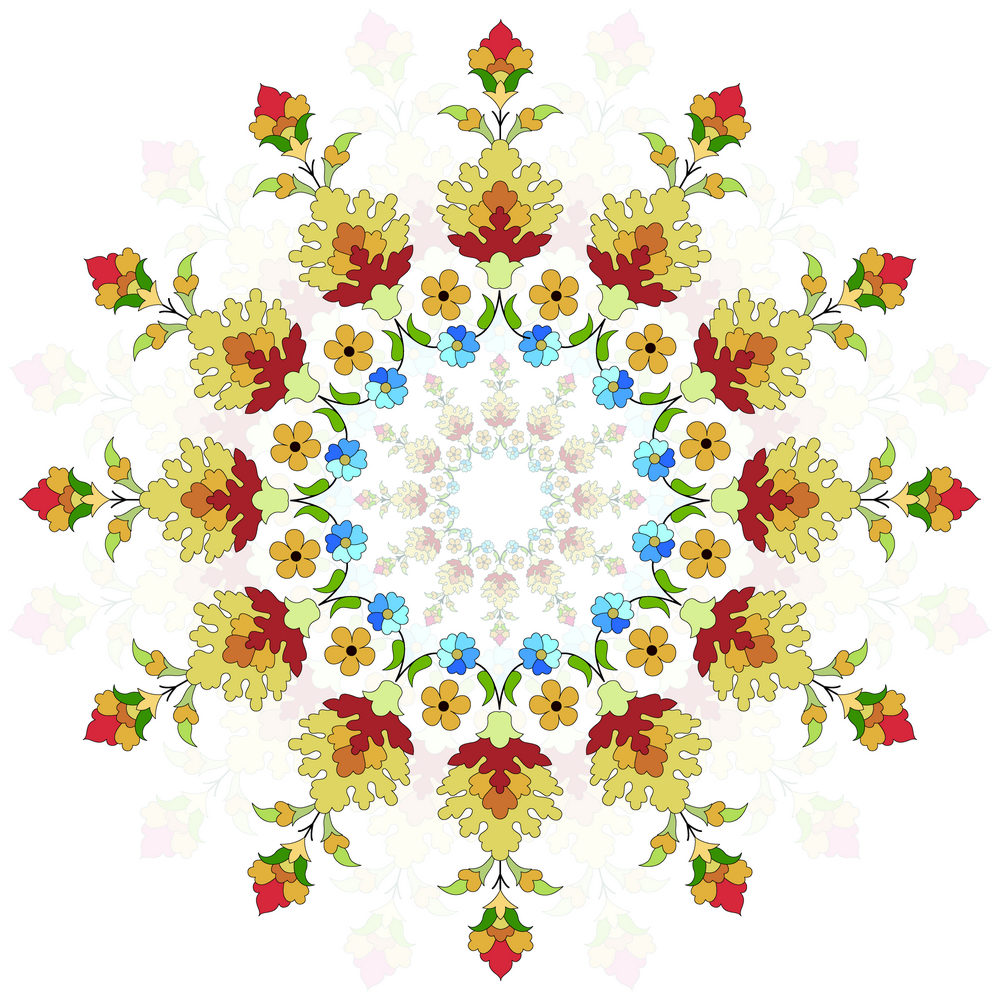In the United States, artistic expression is an important and vastly underappreciated cornerstone of American history and society. The U.S. Constitution gives every American citizen the right to freely express him or herself how they see fit. This right afforded to us is especially dear to all American artists. This freedom fosters artists of all backgrounds to create their masterpieces. Looking at the history of American artistic culture, many socio-economic, ethnic, and religious backgrounds are represented but one specific identity is missing: the American-Muslim. We, the American-Muslim community, must cultivate our own creativity in the arts because the arts are a very effective tool to combat the bigotry and ignorance that continually harms the American-Muslim community.
We, in the American-Muslim community, need to encourage our children to participate in a wide array of creative media. Some American-Muslims simply have not waited for others to blaze a trail; they have created their own path in the arts. The acclaimed hip-hop artist Lupe Fiasco is one such American-Muslim that has created his own niche in the hip-hop community. His lyrics and attitude are meaningful to all who listen. However, Lupe cites many Islamic phrases and illustrates the plights of many Muslim causes around the world. In is his song, “Words I Never Said” he makes the point that, “Jihad is not holy war, where’s that in the worship, and you are not observant and you are not a Muslim.” Many of his other songs are creative outlets to inform the audience about the struggles of inner-city life and the perils of mainstream American society. Music has been a very fruitful media for many American-Muslims. The hip-hop group, A Tribe Called Quest, has two members, Ali Shaheed Muhammad and Q-Tip that are Muslims. A Tribe Called Quest is a unique blend of New York City braggadocio mixed with a clear ethical insight to life in America as young African-Americans exploring their identities in the post-Civil Rights Movement era. Many of the older American-Muslim musicians like Ali Shaheed Muhammad and Q-Tip or the jazz drummers Art Blakey and Idris Muhammad do not publicly mention Islam in their music. However, current artists Lupe Fiasco and Mos Def continue to use Islam as a muse for their art. When Lupe Fiasco or Mos Def references an Islamic theme in their songs, they offer an unseen conception of Islam that the average person does not know. The reverence that Mos Def displays in his track with Talib Kweli, “Astronomy (8th Light)” of the Prophet Muhammad and God is a stark contrast to the cover of Newsweek or the headlines of Fox News.
Muslims in the United States need more artistic icons to pave the road for the American-Muslim community in the society at-large. In Muslim-majority nations and Muslim-minority countries, the communities have established their unique mark on Islamic identity. The Abbasid dynasty of Baghdad was an empire that patronized a number of beautiful mosques and calligraphy that portrayed the importance of Islam in the peoples’ lives. These images of beauty amazed and softened the hearts of those who saw the Abbasids and other Islamic dynasties’ patronized artwork. The traditional Islamic art of calligraphy and miniature painting are great resources for American-Muslim artists.
However, art must always espouse these two elements: a story must be told and emotion evoked by all participants. American-Muslims from all walks of life need to tell their stories with music or painting, architecture or calligraphy, fashion or photography. Our stories must make people cry, laugh, contemplate, empathize, and understand the essence of Islam that is not currently in the mainstream. American-Muslim artists have a great opportunity to create a new narrative. Instead of rehashing the question of whether or not Islam is compatible with Western values, American-Muslim artists can show the public the diversity of Islam, the beauty of Islam, and the essence of Islam. American-Muslim artists have the opportunity to inscribe their names in the annals of history and in the chronicles of Islam in the United States of America.
Andrew Stodghill is a Philosophy major at the University of Central Oklahoma and an alumnus of the 2012 Muslim Youth Leadership Symposium program conducted by CAIR Oklahoma. Stodghill is a Tulsa native and a active member of the Oklahoma Muslim community.

